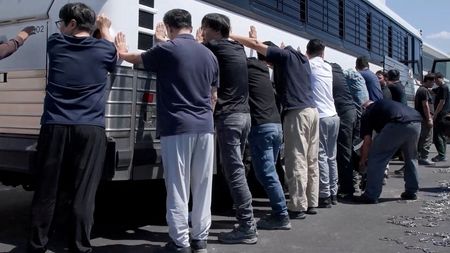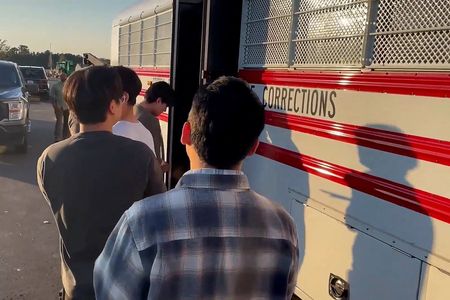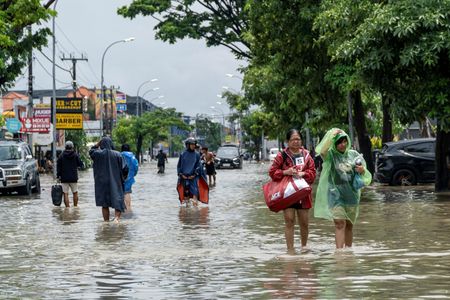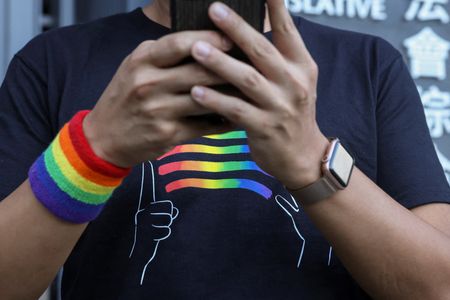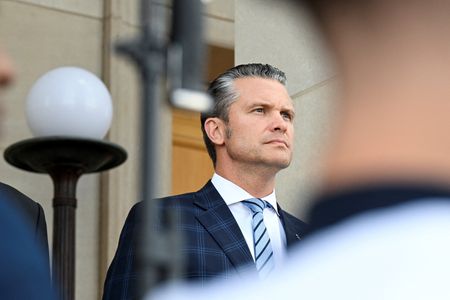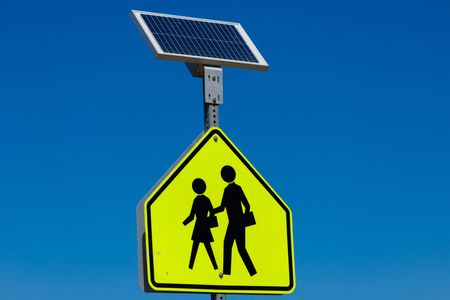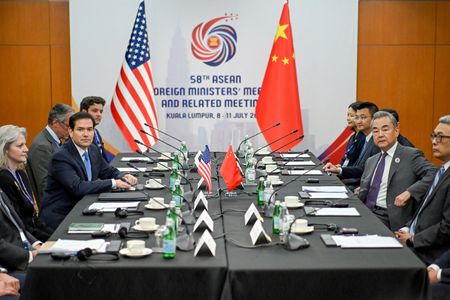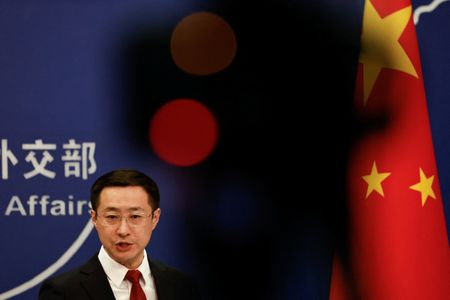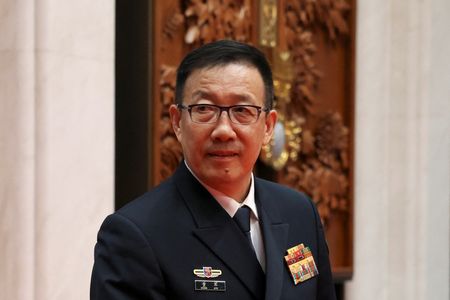By Ted Hesson
WASHINGTON (Reuters) -A U.S. immigration lawyer representing more than a dozen workers arrested at a Hyundai facility in Georgia last week said on Wednesday that many of the nearly 500 picked up appeared to be working legally, contradicting allegations by authorities.
The attorney, Atlanta-based Charles Kuck, said his clients included seven South Koreans who entered via the ESTA program, for countries with visa-free travel to the U.S., or with B-1 visas for temporary business travel.
He said they were legally allowed to engage in specific work that was outlined in letters attached to their applications, including installing and calibrating battery equipment.
U.S. immigration authorities arrested 475 people at a Hyundai car battery plant near Savannah, Georgia, a large-scale operation that included the arrest of some 300 South Korean nationals.
The action, part of President Donald Trump’s sweeping immigration crackdown, came as U.S. and South Korea are trying to reach a trade agreement. On Wednesday, South Korea’s government said it was trying to fly the workers home.
Foreigners entering the U.S. through ESTA or with a B-1 visa generally cannot work, but can perform limited work activities under limited circumstances.
State Department guidance says that the temporary business visitors can be used to “install, service, or repair commercial or industrial equipment or machinery purchased from a company outside the United States or to train U.S. workers to perform such services.”
Kuck said letters included with visa applications that he reviewed spelled out the scope of the work and appeared to meet requirements.
“It was more detailed than some of the letters that I’ve written for clients in similar situations,” he said. “The vast majority of folks, including the ones I represent, should never have been detained.”
Reuters was unable to independently verify the content of the applications. The U.S. Department of Homeland Security did not immediately respond to a request for comment.
Kuck also said he was representing two Mexicans with valid work permits through the Deferred Action for Childhood Arrivals (DACA) program and a Colombian asylum seeker with a valid work permit.
“They just arrested everyone who wasn’t a citizen or a resident and figured they would sort it out later,” he said.
(Reporting by Ted Hesson; Additional reporting by Hyunjoo Jin; Editing by Marguerita Choy)

